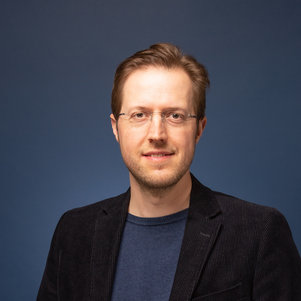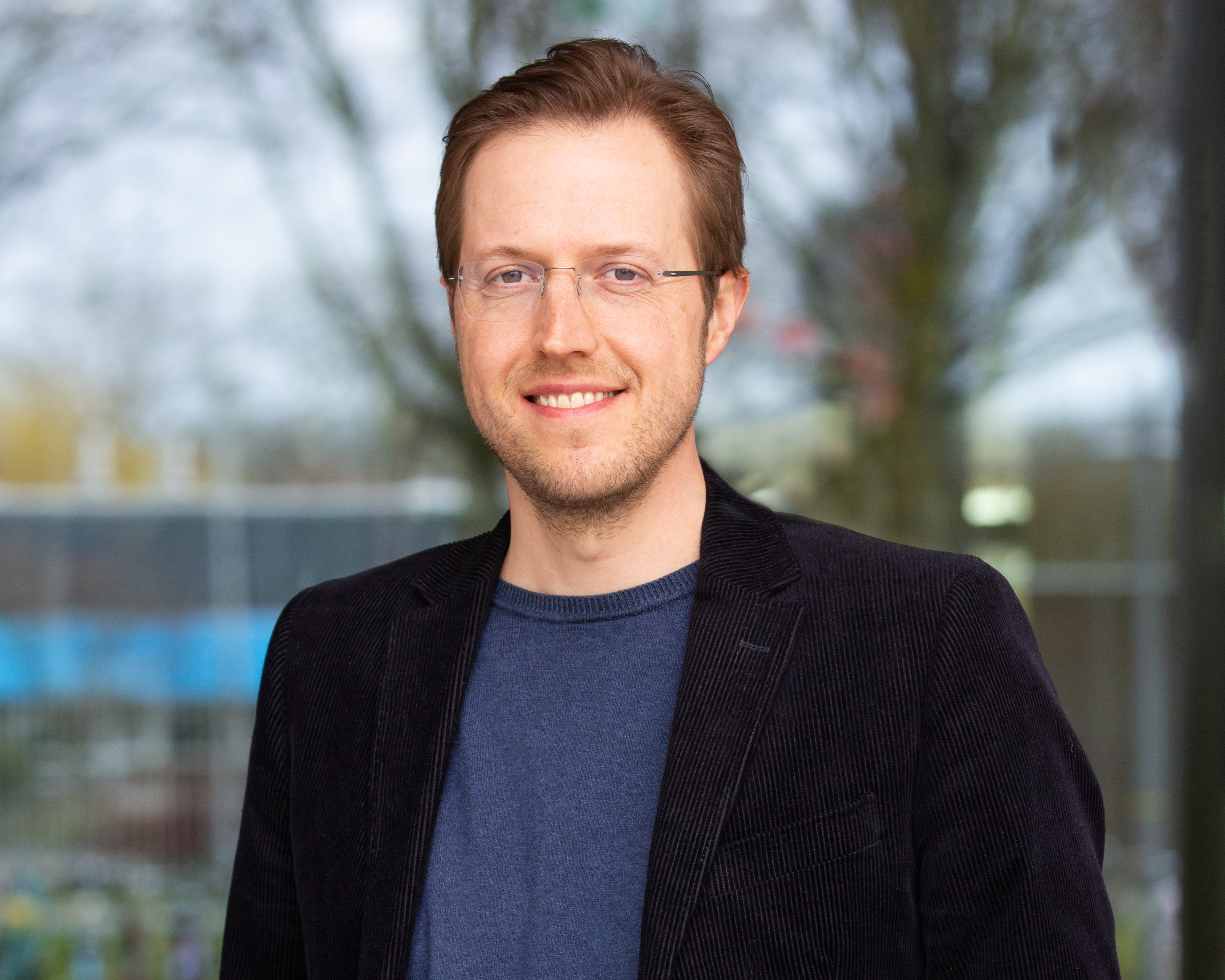Stan Brouns appointed as professor
The Executive Board has appointed Stan Brouns as full professor of Molecular Microbiology at the department of Bionanoscience as of 7 February 2023. His work focuses on how microbes defend themselves from viruses. Brouns: “Bacteria have had a few billion years of evolution to come up with all sorts of clever ways to defend themselves from viruses. We aim to uncover what they have evolved over all this time.”
Stan Brouns’ expertise lies in molecular microbiology, a scientific field that combines microbiology and molecular biology to study microorganisms at the level of molecules. “We use a variety of techniques to investigate the structure, function, and interactions of biomolecules within microorganisms with a focus on finding out how bacteria defend themselves from viruses”, Brouns explains. “In 2006 we started investigating the CRISPR-Cas antiviral defense in microbes, which at that time was no more than a scientific curiosity. After years of fundamental research to uncover the molecular mechanisms of CRISPR-Cas, we now have molecular tools such as Cas9 that have truly revolutionised genetic research worldwide.”
The power to kill bacteria
Apart from the research on how microbes defend themselves from viruses, a long-term goal of Brouns’ lab is harnessing bacterial viruses – called bacteriophages - to kill bacteria that cause untreatable bacterial infections. This strategy is more than 100 years old, and with the rise of antibiotic resistant bacteria, alternative approaches have regained strong interest. “To develop the approach, we founded the Fagenbank in 2018, which now holds a collection of bacteriophages that can be used to establish therapeutic approaches with bacteriophages in the Netherlands. We expect that our knowledge of bacteriophage defense mechanisms helps to further develop strategies using bacteriophages to cure antibiotic resistant infections.”
Goldmines
“The appointment means a lot to me”, Brouns says about his new position as full professor. “It is rewarding to see a long-term goal realised.” He is looking forward to discovering a lot more about the world of microbes and viruses, and teaching students about the fascinating world of viruses in a newly developed Masters’ course called Molecular Virology and Immunology. “These microorganisms are so incredibly diverse, more so than the ‘visible’ living world. We expect to find many more surprising inventions from microbes in the future. They are real goldmines.”
Stan studied Molecular Life Sciences and obtained his PhD degree in Microbiology at Wageningen University & Research. He joined TU Delft in 2016.

